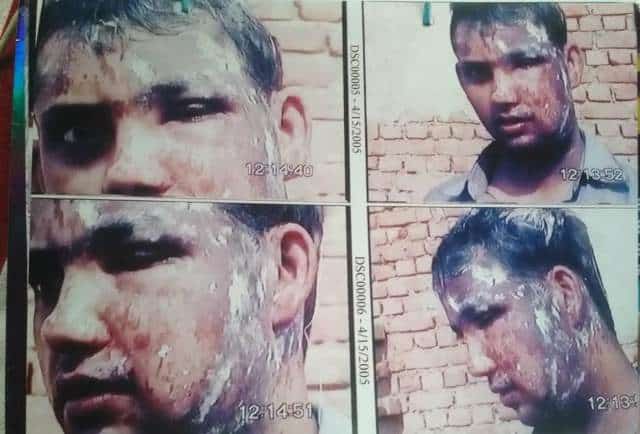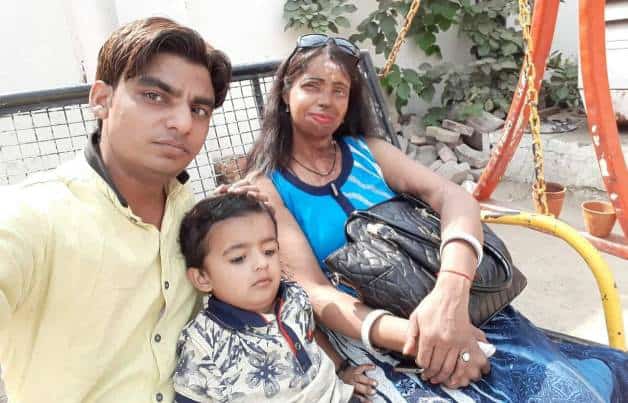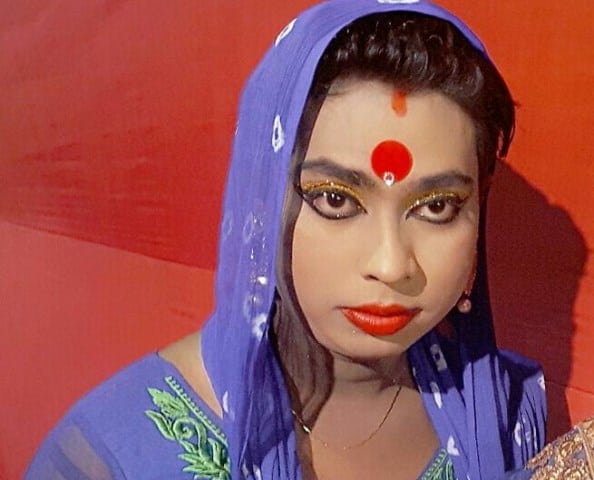he society usually considers acid attack to be a gender-based violence. Firoz Khan recounts the acid attack on him and the slow, painful recovery from physical and mental trauma: A cold winter night of January 2002, burnt my skin, corroded my life and crushed my spirit. I was 27 and married. We are three brothers and our family of 15 members lived together in a two-room house in Uttam Nagar, West Delhi.
That night, one of my brothers and I were watching television, when all of a sudden, we heard a commotion outside. My younger brother and my neighbor had gotten into an altercation. We rushed to diffuse the situation, but it was too late. It was as quick as lightening. The moment we reached the spot, our neighbour splashed us with a bucket-full of some liquid. As soon as it touched my skin, I felt a burning sensation.
I could see fumes emanating from my skull, face and back. The man had poured a bucket-full of acid on us and our skin and bones were melting with every passing second. The three of us ran from the spot. I was burned the most. I ran towards the community hand pump and sat under the running tap. This curbed the reaction of the acid to some extent.
While one of my brothers burnt his entire hand, the other one faced minor injuries. Someone from the neighbourhood informed police and we were taken to the Deen Dayal Upadhyay hospital. After some treatment the police recorded our statement. It seemed ridiculous how a minor argument escalated into an acid attack. It began two days ago when my younger brother got into a scuffle with the man, while chopping firewood to keep our house warm.
Life after that incident was never the same. The nights seemed endless, as I writhed in pain. For months, I could not sleep because of pus formation on my back. I tried getting treatment from Safdarjung hospital but I was told that I was required to take several months off at a stretch. I ruled out the option, since I had a large family to support. Other options were too expensive. I tried hard, but I could not save my job for long. I worked in the photostat department of a private company. The money we got was just enough for our basic sustenance. After the incident, when I started taking too many leaves, my office sent me a notice asking me to quit. My financial situation worsened and I was forced to resort to basic treatment.
I could not afford to go to a doctor, so I bought ointments without a prescription. A huge debt started piling up on me. I took loans from several people, not just for my treatment, but also for feeding my family. Meanwhile, I have another court battle to fight. After being splashed with acid, I now have to prove my innocence.
The accused was fined and served a three-year term in jail, but in retaliation he filed an FIR against us, accusing us of starting the fight. It is ironic how for the past 15 years, I have been trying to prove my innocence, along with continuing my medication and taking care of my family.


